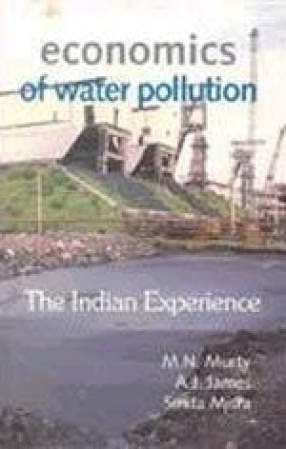Economics of Water Pollution: The Indian Experience
Synopsis
This book introduces readers to the theoretical and applied approaches used to control pollution in developing countries. The first of its kind in the Indian context, it investigates the case for using economic instruments to control environmental pollution, especially water pollution arising from industrial production. Unlike most other books in the area, it goes beyond commonly discussed issues like the measurement of pollution levels, legal structures and the problems of enforcement to provide a rigorous and comprehensive analysis of the problem of water pollution abatement in India. After illustrating a methodology for designing a hybrid economic instrument, it also makes a strong case for using the bargaining approach through collective action by local communities and industries. The empirical findings in the book provide evidence of the influence of local communities on the environmental decisions of industries, and of the collective action of industries, especially in industrial estates, in controlling pollution in India. These methods and findings can make a substantial contribution to the understanding and design of environmental policy in the Indian context. The authors also deal with the problems of measuring the benefits and costs of water pollution abatement and accounting for them in the estitmation of environmentally corrected gross domestic product (GDP) from Indian industry. This book dealing as it does with both theoretical and empirical issues, will be of interest to students, teachers and researchers of environmental economics as well as policy-makers. Professionals and ativists involved in environmental protection will also find it useful.
Read more
27.00
24.3
$
30.00 $
Free delivery Wolrdwidе in 10-18 days
Ships in 1-2 days from New Delhi
Membership for 1 Year $35.00
Get it now and save 10%
Get it now and save 10%
BECOME A MEMBER
Books by the same author









Bibliographic information